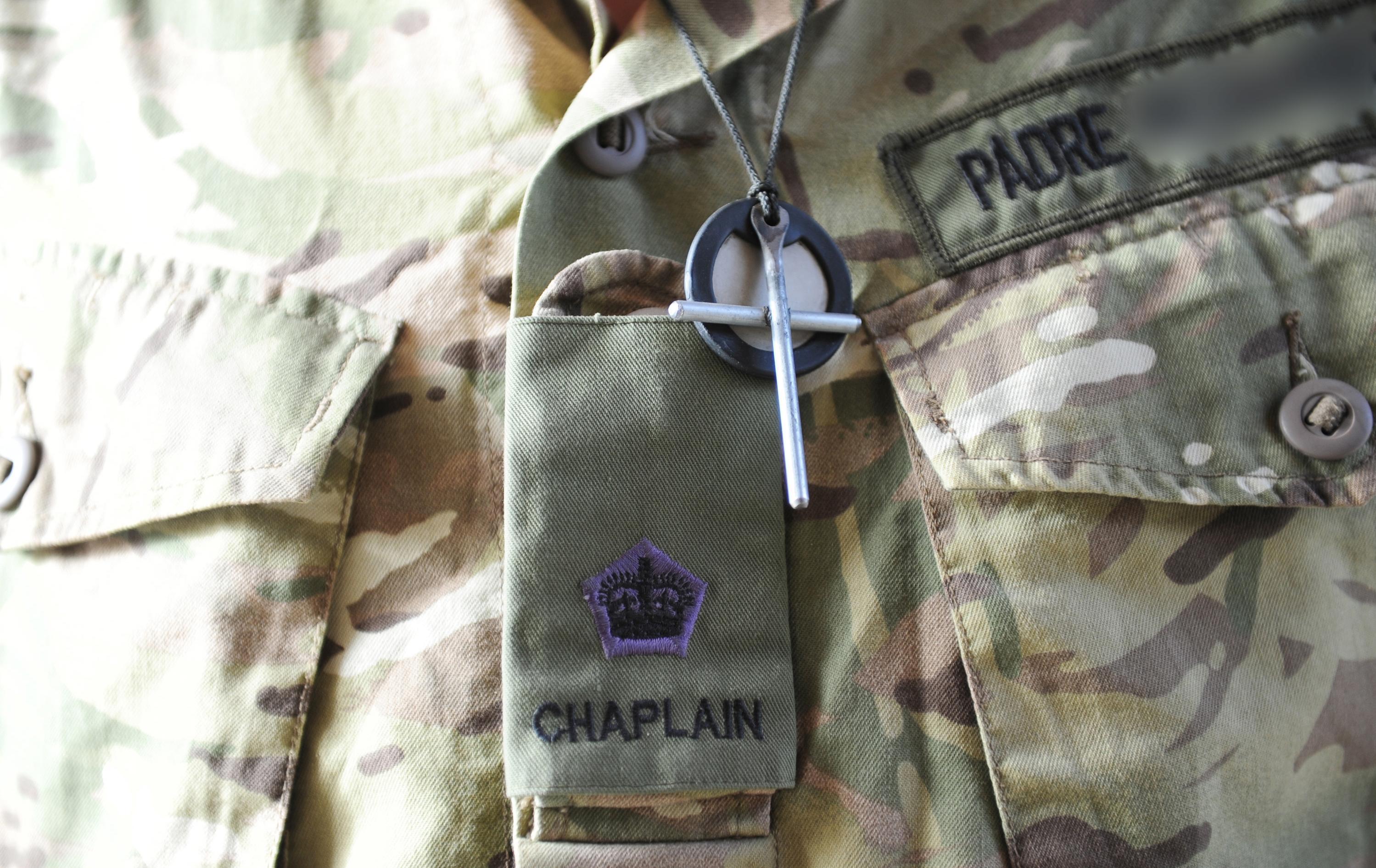New project to produce resources on moral injury for UK chaplains and clergy

We are delighted to announce that the ICMI will soon be commencing a new research project entitled, “Recovery from moral injury across the North East of England and beyond: Researching and refining the theological tools available to chaplains”.
This project will ask important questions about the tools that chaplains, clergy and religious personnel can use to attend to moral injury in a UK context. More particularly, what are the resources – the rituals, scriptural traditions, theological concepts, frameworks of meaning and experiences – which a chaplain or clergy member may employ in order to engage with moral injury in British military veterans, and particularly those with connections to the North East of England, that will help facilitate recovery. With attention to the specifics of particular cultural contexts, the project will generate and refine the theologically informed interventions available to chaplains, with the ultimate aim of improving mental health for morally injured people.
Drawing on current expertise in the UK
The study will start with a series of interviews about how social values are both broken and repaired in British society in general, and in the North East of England in particular, how religious principles, conceptions, rituals and resources are valuable in repairing these values, and what recovery might look like.
Interviews with chaplains and clergy will seek to explore how they encounter the existential crises and broken social trust that often come with moral injury, how that manifests a reflection of cultural values, and how they engage and adapt the resources of the Christian tradition in providing pastoral care.
Interviews with clinicians will explore how they engage the moral emotions of guilt, shame and anger, how they see the value of religious frameworks and how these reflect larger British values around duty to care and the balance of clinical and pastoral approaches to moral injury.
Interviews with veterans who have experienced moral injury will seek to understand the ways in which they make meaning of their own experiences, if they understood a central cultural or religious value to have been broken, and how they might envision recovery or healing – particularly in a communal context.
Integrating with the latest theological literature
The second phase of the study will involve reflection on these qualitative UK regional data in light of the current literature on theology and moral injury, which at the moment is largely US-based. This will involve an integration with the work of contemporary systematic, Biblical and practical theologians, including Brian Powers’ work on the resonances of doctrines like original sin, lament, the imago dei.
The project will result in a set of resources for chaplains, clergy and other practitioners which will be distributed directly through our networks as well as via various events in Durham, the Armed Forces Chaplaincy Centre and beyond.
An opportunity
 The research was conceived of and will be led by Brian Powers, the Vann Fellow in Christianity and the Armed Forces and Executive Director of the International Centre for Moral Injury at Durham University. Brian said, “Moral injury is a common experience in former military members. Even amongst veterans who have been diagnosed with Post-Traumatic Stress Disorder, the presence of moral injury is a strong predictor of negative mental health outcomes including depression and anxiety, suicidal ideation and suicide.
The research was conceived of and will be led by Brian Powers, the Vann Fellow in Christianity and the Armed Forces and Executive Director of the International Centre for Moral Injury at Durham University. Brian said, “Moral injury is a common experience in former military members. Even amongst veterans who have been diagnosed with Post-Traumatic Stress Disorder, the presence of moral injury is a strong predictor of negative mental health outcomes including depression and anxiety, suicidal ideation and suicide.
“Clinicians working with morally injury people have noted the beneficial effects of attention to the spiritual aspects of existential struggles. The conceptual vocabulary of Christian theology has a capacity to describe phenomena like moral injury in a way that clinical frameworks do not. This theological framework can be deeply resonant for those suffering from moral injury, whether or not they subscribe to Christian beliefs in general. Through practices like lament and confession, a theological approach can name the human agony at the heart of moral injury without judgment or dismissing it through an appeal to the necessity of conflict or to national political objectives.
“This project presents an opportunity to share develop and share resources; the more chaplains understand about moral injury, the pathways to healing, and the tools available to them, the better they can utilise their values and traditions to offer support to those in need - leading to life-saving trajectories for the morally injured. We are grateful to the William Leech Research Fund for supporting this work.”
Image above: An Army Padre in Afghanistan with a Cross by Sergeant Alison Baskerville RLC/MOD. Crown Copyright. Used under the OGL (Open Government License).


/prod01/prodbucket01/media/durham-university/research-/research-centres/international-centre-for-moral-injury/Moral-injury-banner-1920X290.jpg)